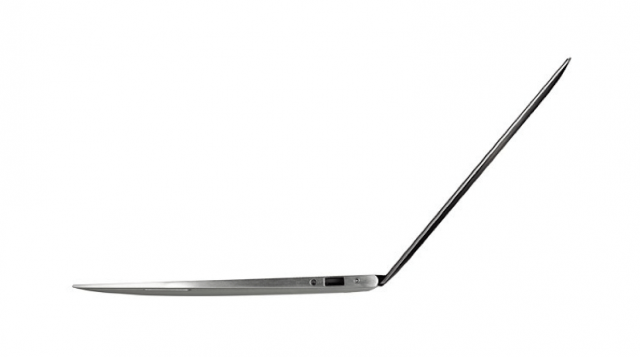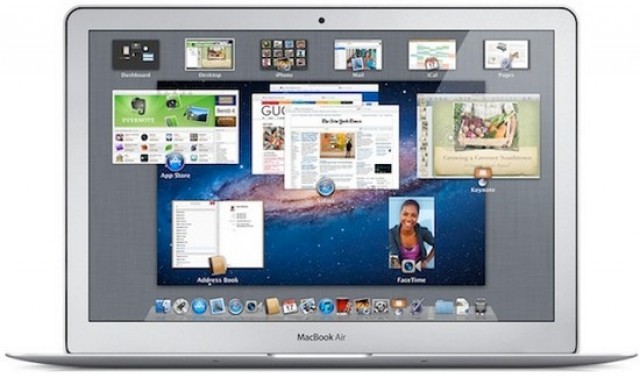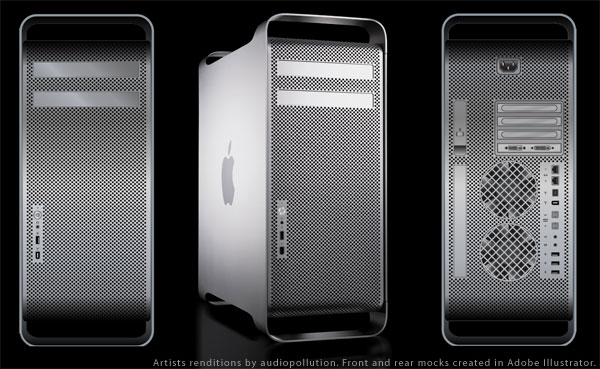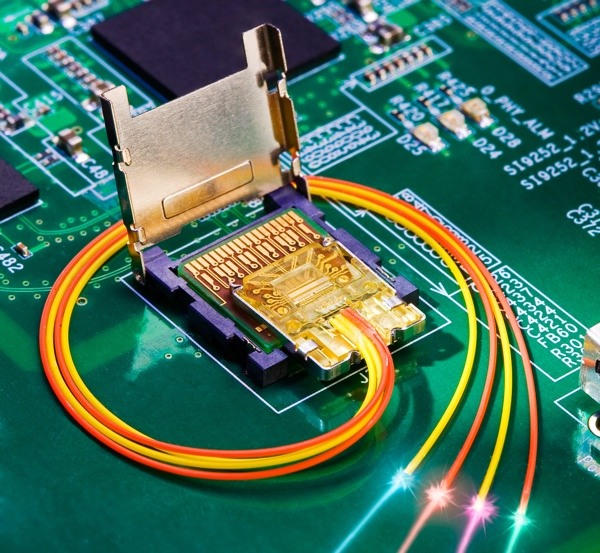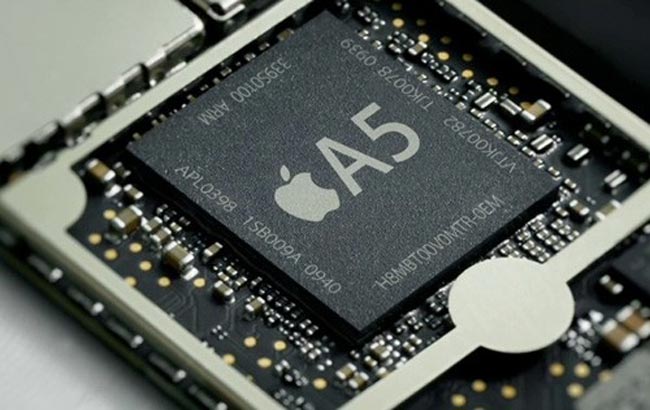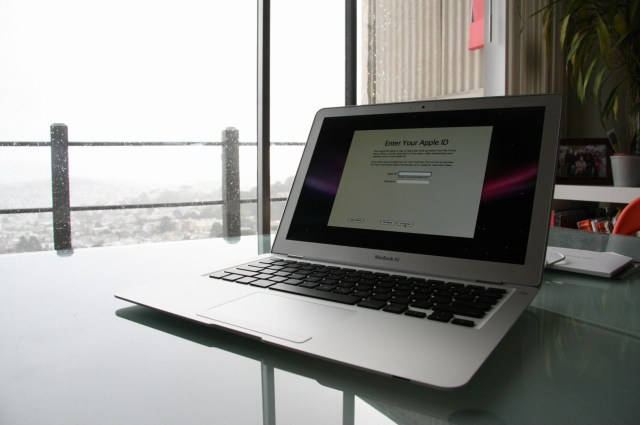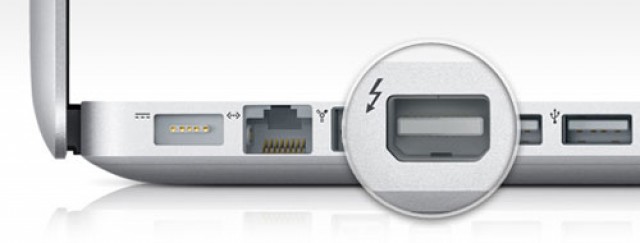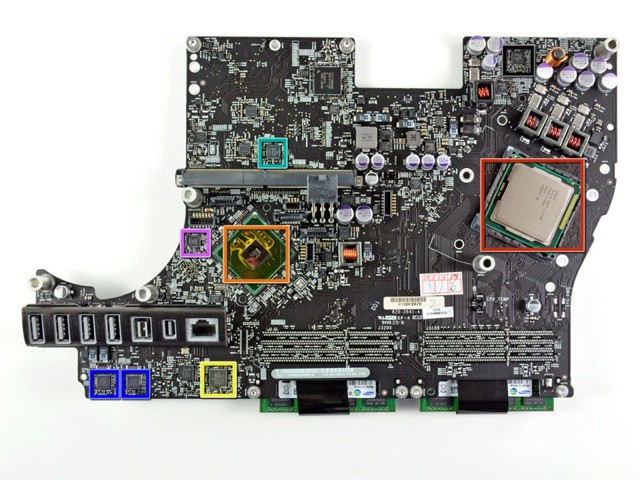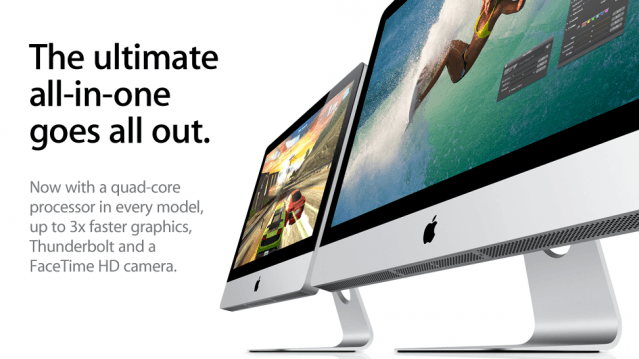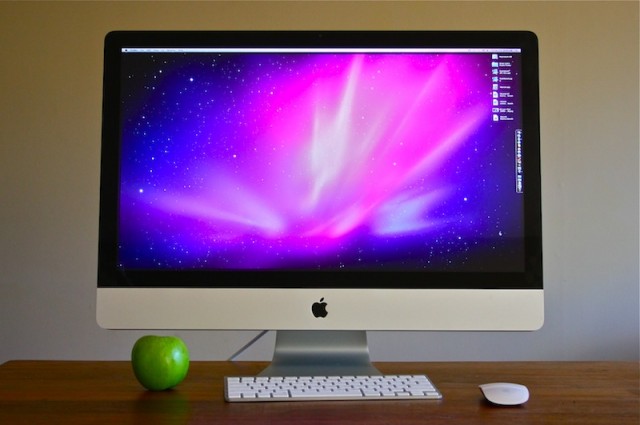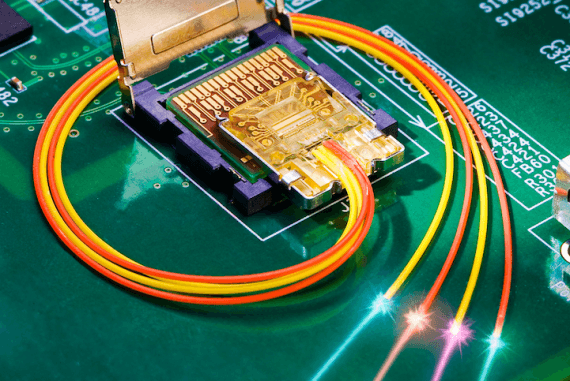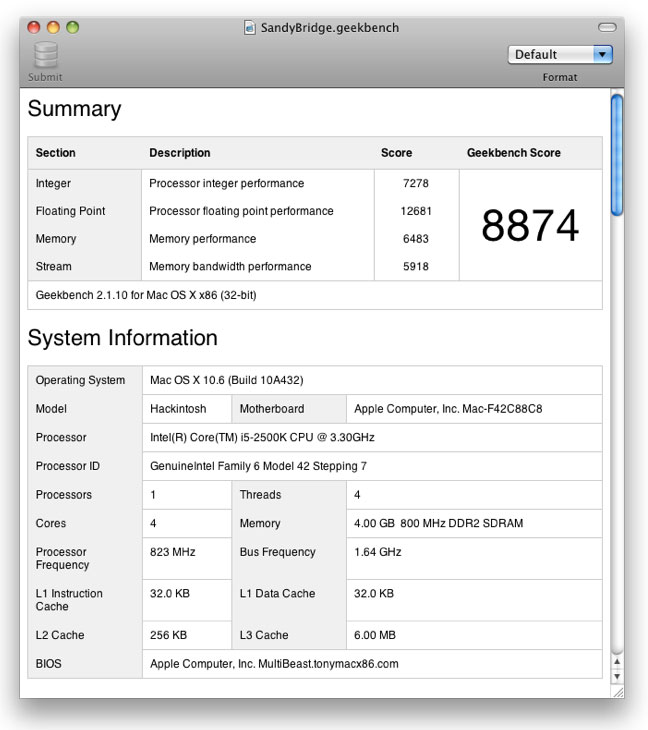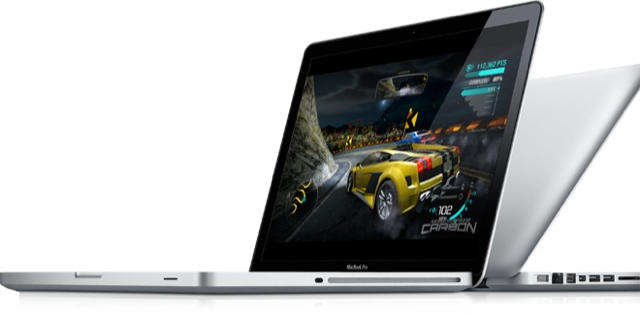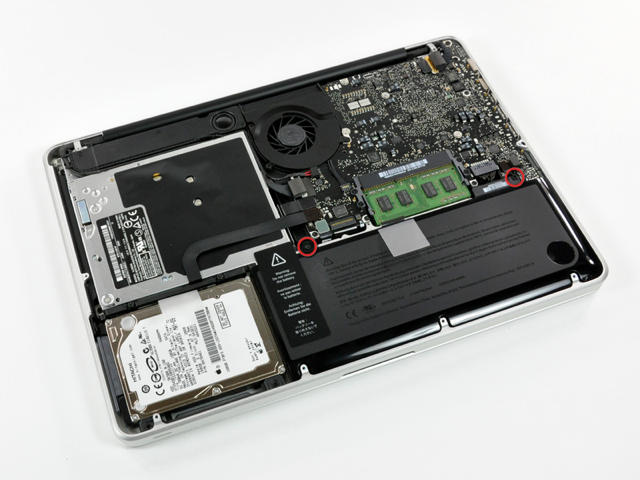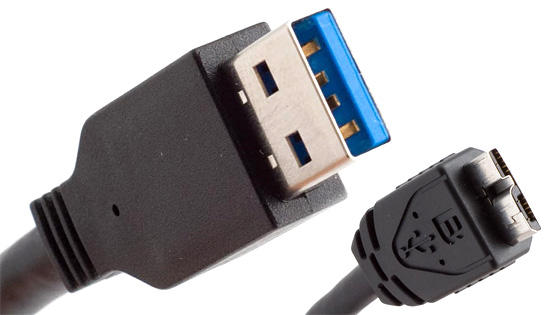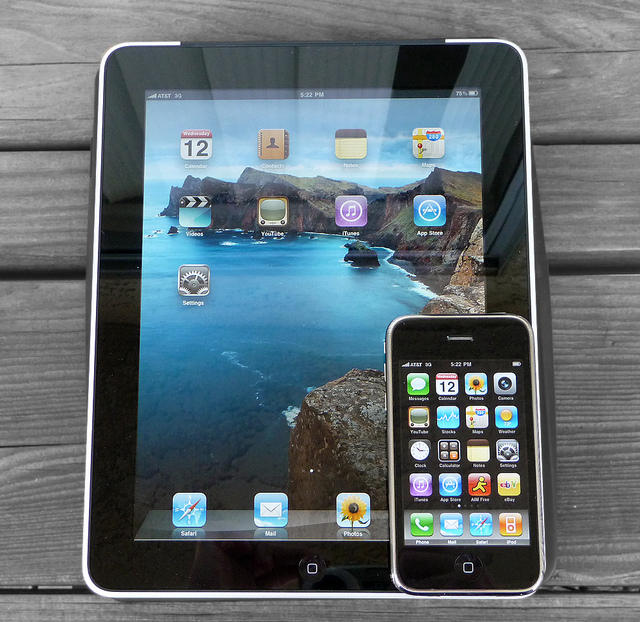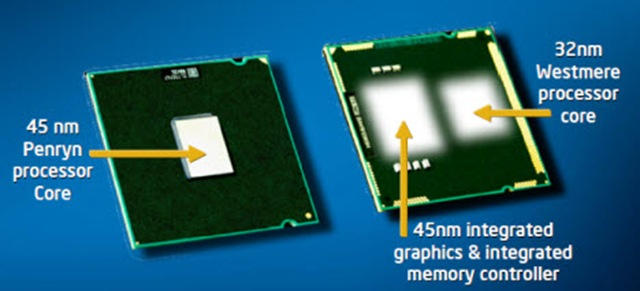The MacBook Air has ushered in a new era of powerful netbooks that function more like prosumer computers. In our review of Apple’s latest 2011 MacBook Air, it’s obvious that the Air now packs a punch and accompanying price tag that most notebooks of similar size haven’t been able to dream of for years.
The PC market is looking to level the playing field between the Air and its competition, with Intel announcing a new platform called the “Ultrabook.” The Ultrabook is the PC industry’s proposed MacBook Air killer, but these upcoming notebooks will also have an ultra-price tag that’s higher than the Air’s. Apple’s entry-level MacBook Air retails for $999.
